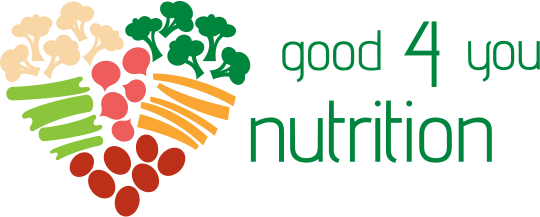Quit Fad Diets – Changing Your Mindset
Posted on April 16th, 2017
For people that suffer from eating disorders or distorted eating behaviours (fad diets) the thought of giving up what they consider as ‘normal eating’ is going to be extremely difficult. Often they have been on a roller-coaster of dieting for some time and to break any habit takes times.
Over the course of dieting, mindsets change and they completely believe that what they are doing is right and that if they don’t stick to it they may not be worthy as a person or believe that nothing good should ever happen to them.
Below is a basic guide of where and how to start the journey to recovery. Please note that this applies more directly to people with distorted eating behaviours as opposed to those with eating disorders (i.e. anorexia, bulimia, orthorexia and purging).
First things first!
1. Accept that it needs to be done.
Once you accept that you are the way you are because of what you have been doing to yourself is when you can fully start to take a step forward. Worrying about it right now is not going to get you anywhere! Accept that anything great takes time! Quick fixes DO NOT work!
Now what?
2. What caused you to start the dieting?
Losing weight is often not the true reason, dig deeper! For example factors may include; family, school, peer pressure, stress, work and relationships. Until you can recognize and accept that something else was most likely your true trigger you won’t be able to work through it or move on.
3. Accept that you need to seek support.
This might be support from a Nutritionist, Psychologist, Kinesiology or even a Doctor for example. If you are constantly thinking bad thoughts then you do need to address this and do something about it. If you do not know how to start ask for help. Support from someone else helps make you more accountable to keep on going. Lots of natural products available to support you without going on any pharmaceutical products.
4. Look to the future benefits of changing your lifestyle.
Will your kids benefit from you doing this? Will this strengthen your marriage? Will you become a better role model? Do you just want to strengthen your immune system, gain more energy and improve your sleep quality? You need to know what you want to achieve to stay motivated and you need to be committed and passionate about it.
5. Don’t weight yourself constantly or take measurements.
Learn to judge your progress by how you feel. Do you feel happier, more confident or in control? Do you feel that your clothes look nicer on you? Constantly weighing and measuring yourself is dangerous and can spiral you back out of control and make you so conscious about every bit of food you eat or don’t eat, let alone the bad thoughts you beat yourself up with afterwards!
6. Learn to identify positives.
Gratitude diaries are great. Write down 3 things each day that you are grateful for. Are you starting to sleep better? Do you feel like you have more energy? Are you being a better friend? Do you have a great family that supports you? Did you have a great day at work? Did a stranger make you smile? Try and see the positives in all bad situations regardless of circumstances. Once you get the hang of looking for positives things naturally start to fall into place.
Meditation apps such as ‘Headspace’ are also great in helping you find yourself, build self-esteem and confidence while only taking up 10 minutes of your day J Check out this link for more information about Headspace https://www.good4younutrition.com.au/2017/03/28/headspace-app/
Now where?
7. Start small.
1-2 new things each fortnight. Once you master this and feel comfortable then progress further. Changing your whole routine and food in one hit will be too much and you will most likely find it too hard or challenging and give it up, falling back into your bad habits.
For example new changes might be:
- Eating 3 small meals a day (compared to 1 or 2 meals)
- Drinking 1 can of soft drink a day (compared to drinking 3)
- Limiting takeaway to twice a week (compared to 5 times)
- Drinking 1.5 litres of water daily (compared to drinking 500ml)
- Eating vegetables daily (compared to eating vegetables a few times a week)
- Exercising 3 days a week (comparted to exercising once or never)
It doesn’t matter how simple the change may seem, all changes are hard work to maintain and you can’t just become healthy overnight.
Depending on the circumstances surrounding your distorted eating behaviours will depend on what changes you need to address and manage first. If you require more guided help please contact me or check out the services I provide 🙂 https://www.good4younutrition.com.au/services/
